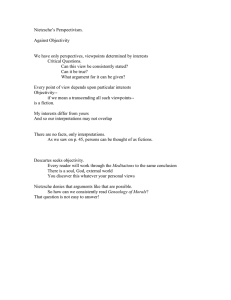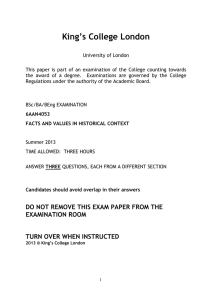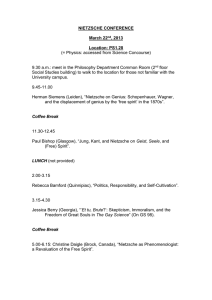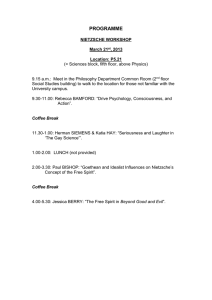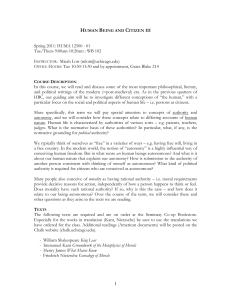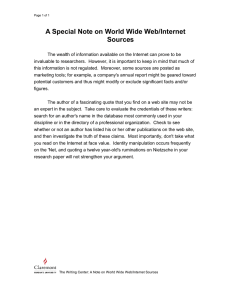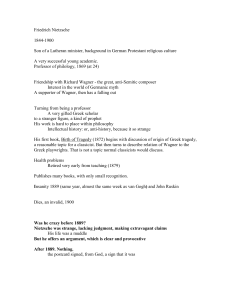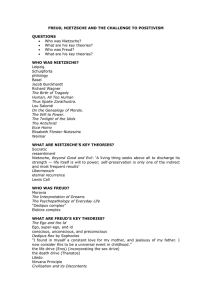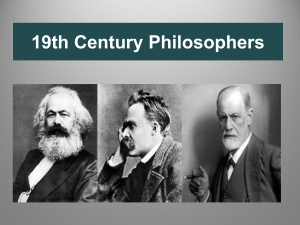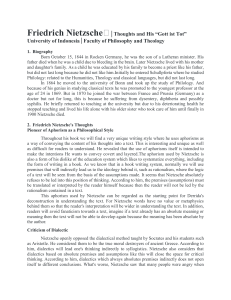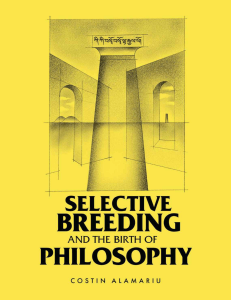MA Comprehensive Exam in Ethics January 2010
advertisement
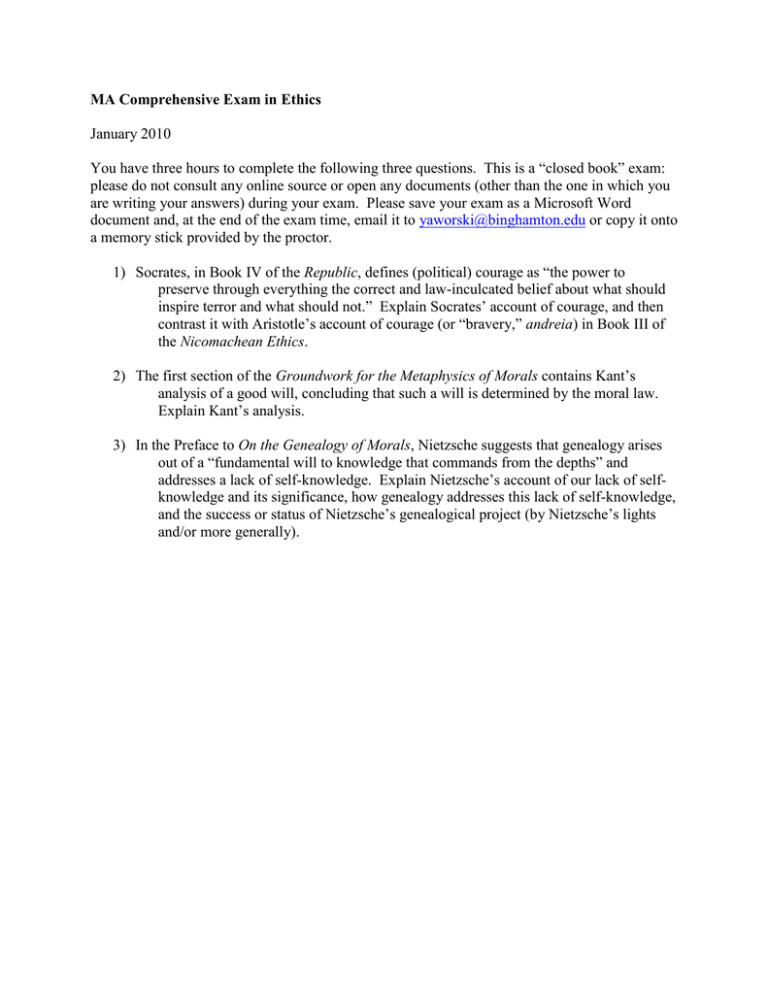
MA Comprehensive Exam in Ethics January 2010 You have three hours to complete the following three questions. This is a “closed book” exam: please do not consult any online source or open any documents (other than the one in which you are writing your answers) during your exam. Please save your exam as a Microsoft Word document and, at the end of the exam time, email it to yaworski@binghamton.edu or copy it onto a memory stick provided by the proctor. 1) Socrates, in Book IV of the Republic, defines (political) courage as “the power to preserve through everything the correct and law-inculcated belief about what should inspire terror and what should not.” Explain Socrates’ account of courage, and then contrast it with Aristotle’s account of courage (or “bravery,” andreia) in Book III of the Nicomachean Ethics. 2) The first section of the Groundwork for the Metaphysics of Morals contains Kant’s analysis of a good will, concluding that such a will is determined by the moral law. Explain Kant’s analysis. 3) In the Preface to On the Genealogy of Morals, Nietzsche suggests that genealogy arises out of a “fundamental will to knowledge that commands from the depths” and addresses a lack of self-knowledge. Explain Nietzsche’s account of our lack of selfknowledge and its significance, how genealogy addresses this lack of self-knowledge, and the success or status of Nietzsche’s genealogical project (by Nietzsche’s lights and/or more generally).

